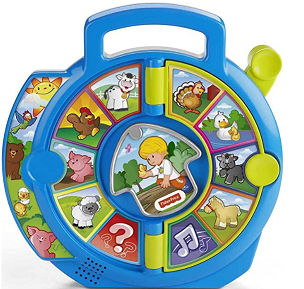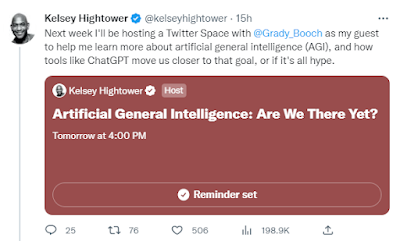Programming Rant - Stop the Insanity!! - .NET 7 is not the successor to .NET 4.8
- .NET 7 IS THE SUCESSOR TO .NET 6
- .NET 6 IS THE SUCESSOR TO .NET 5
- .NET 5 IS THE SUCESSOR TO .NET CORE 3
...drum roll please...
.NET 5 IS NOT THE SUCESSOR TO .NET 4.8 !!!
At the time of this blog their is no .NET path after .NET 4.8. Microsoft will continue to support, patch and update .NET 4.8 for the foreseeable future, though will likely not continue to 'add new' to it. (but they also said this about .NET 4.5.2 and have continued to update it so far to .NET 4.8..so take that with a bit of a grain of salt)
Microsoft's "naming" policy of the .NET line and the .NET Core, and .NET Standard is rather foolish from a logical point of view, but it does have some good "salesman" characteristics. Software Development Companies can try to sell the idea in peoples minds to upgrade .NET 4.8 to ..NET 7 and make a bundle in the process - even though Microsoft itself fully admits it is not ending any support for .NET 4.8
This is based on the mistaken idea that a lack of acceleration implies the 'death' of the language, and if the language 'dies' that is risky so you better upgrade or die!
Let me be clear - A lack of growth/movement leads to death, but growth does not require acceleration.
When software is first developed we can call it "in development mode". We gather requirements, we test things we try things out, we find what works, what does not work. It's a cycle. This cycle tends to see a lot of fast moving change (acceleration). Think of the amazing growth a child has from the age of birth to 18. That is acceleration, but eventually this acceleration slows down and turns instead into constant speed. Change - yes, but not rapid growth - not acceleration. The child does not 'die' or become useless at '18', it becomes mature, and so does software! It enters what we call 'maintenance' mode. In this mode we keep the software running, we ensure it has the latest security updates and patches, we add new features to meet changing requirements, but not through the same rapid acceleration it went though during it's emergence.
The .NET programming language has evolved the same way, it has grown from "the cool new thing" through 1.0, 2.0,3.0,3.5,4.0,4.5.. well you get the idea, and at 4.8 it is likely now 'mature', it will still get updates, it will still be supported, but it will no longer be going through acceleration.
Meanwhile the new kid on the block ".NET CORE" has been going through it's own acceleration .NET CORE 1.0 2.0, 3.0 (skips 4.0 to avoid confusion with latest .NET), gets renamed to .NET 5.0 .NET 6.0, .NET 7.0, and will likely continue this name at least for the next few releases, and will eventually reach maturity.
Projecting forward a few years from now another 'language' will be born - who knows what it will be called maybe ".NET Generation Z", and it will go through acceleration reaching maturity.
Meanwhile lots of new languages will be developed, all claiming to be "the next great programming language" never stopping and unending - why? simply because it makes people money.
This 'argument /myth' has been out there through all of computer history it is not limited to just what we are seeing now.
- C++ was not the successor to C
- .NET was not the successor to VBScript
- Java is not the successor to Javascript
These are completely different languages with similar sounding names, which can easily be used to scam you into thinking "you need to upgrade" when you do not, trying to convince you that because these languages have not been accelerating then then must be 'dead' - utter and complete nonsense sold to you for the purposes of trying to make a buck.
Why Upgrade?
Please do not mis-understand me - I am not suggesting to you not to upgrade. Upgrading is extremely important for a wide variety of reasons. No one should be still using Windows XP. It's dangerous because software always has bugs it is in a continuous state of being 'broken'. When a product is announced as end of life, when you are being told no further security updates will applied, you must plan a path forward. As technology evolves, is is necessary to ensure that systems will continue to be patched, bugs fixed, and that maintenance will continue to be preformed, because when maintenance ends that is when a product really dies!. For more information on upgrade you can listen to my audio here -> Why Upgrade









Comments
Post a Comment